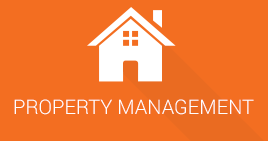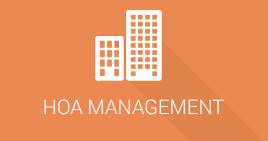Capital gains taxes can get hefty, rising up to 20% or even more in some situations. Because of this, people are always looking for ways to cut down on the taxes they owe. The 1031 exchange is one interesting way for investors to save money by deferring their capital gains taxes.
But how does it work, and what 1031 exchange rules do you need to worry about? Read on for your overview of this savvy investment tool!
What is a 1031 Exchange?
Essentially, a 1031 exchange lets you exchange one investment property for another without having to pay capital gains taxes until you actually sell your property. The 1031 refers to Section 1031 of the Internal Revenue Code, which lays out how this type of exchange and deferment can take place.
The 1031 lets you change your investments or form of investments without having to pay hefty taxes as a property investor. This is quite handy for property investors looking to improve their portfolio management! It's especially useful for people consolidating their properties, as it cuts down on the amount of owner statements and reporting needed every year.
How Does it Work?
Essentially, you sell a property and give the proceeds to an intermediary. Within 45 days, you identify a new investment property you'd like to purchase, and within 180 days, the intermediary needs to transfer the funds to purchase the new property.
You then need to report the exchange in addition to your tax statements and 1099s with Form 8824 for the year in which you swapped the properties. You'll need to describe the properties involved, including dates exchanged, values, types, and any other assets you gained or lost with the properties.
Many people use the 1031 exchange to help them consolidate or manage properties. For example, if they don't want to manage their own properties any longer, they can exchange them for properties with full service property management to help take care of things.
What 1031 Exchange Rules Do You Need to Know?
There are a few specific rules you need to know before you dive in and try to use this investment strategy. To start with, swapping depreciable property can trigger a depreciation recapture. In general, the way to avoid this is to swap buildings for buildings, rather than improved land for unimproved land.
In addition, since 2017, only investment property and real estate is allowed to be swapped under this plan, which is a bit of a restriction from the old rules. Additionally, you can no longer swap out a vacation home unless you turn it into a business and rent it out. The 1031 is designed to apply to investment properties, not personal homes.
You also have the option to do a reverse exchange. With this, you buy the property first, and transfer the property to an exchange accommodation titleholder, who can also be your qualified intermediary if you desire. Within 45 days, you need to identify a property to sell, and you need to complete the sale within 180 days.
There are also a few rules that apply to which kinds of properties count as "like-kind".
The 3-property rule lets you identify three properties that you would like to exchange for. The 200% rule lets you find as many replacement properties as you want, as long as they don't exceed 200% of the value of the property you're selling.
And finally, the 95% rule. This rule says that if you exceed the 200% rule with properties you identify, you need to acquire at least 95% of the value of the identified properties.
Learn More About Property Investment!
Although the 1031 exchange rules can get a little tricky, this type of investment and tax deferment strategy is worth using in many situations! It works especially great when people pair it with good property management and investment strategies.
If you'd like to learn more about property investment or discuss your management strategy, we'd love to help! Feel free to contact us with any questions you have or to find out more about the work we do. We'll be happy to help you any way we can!


















